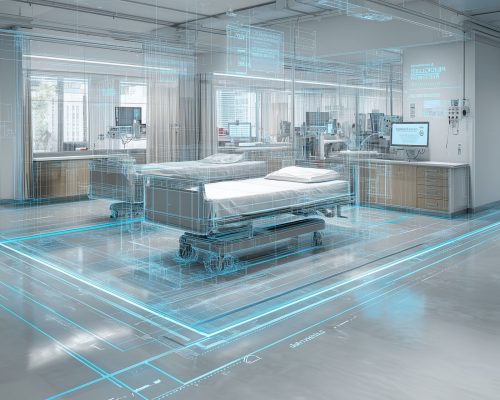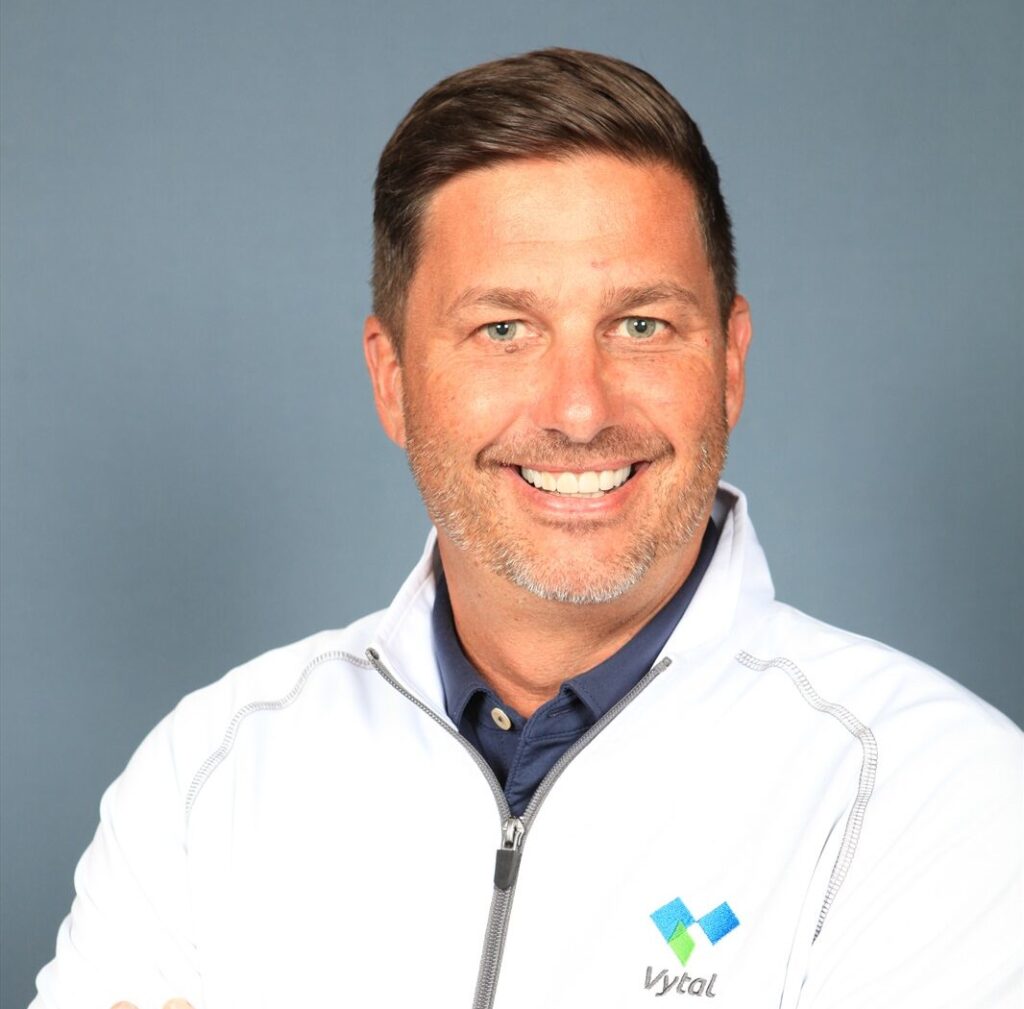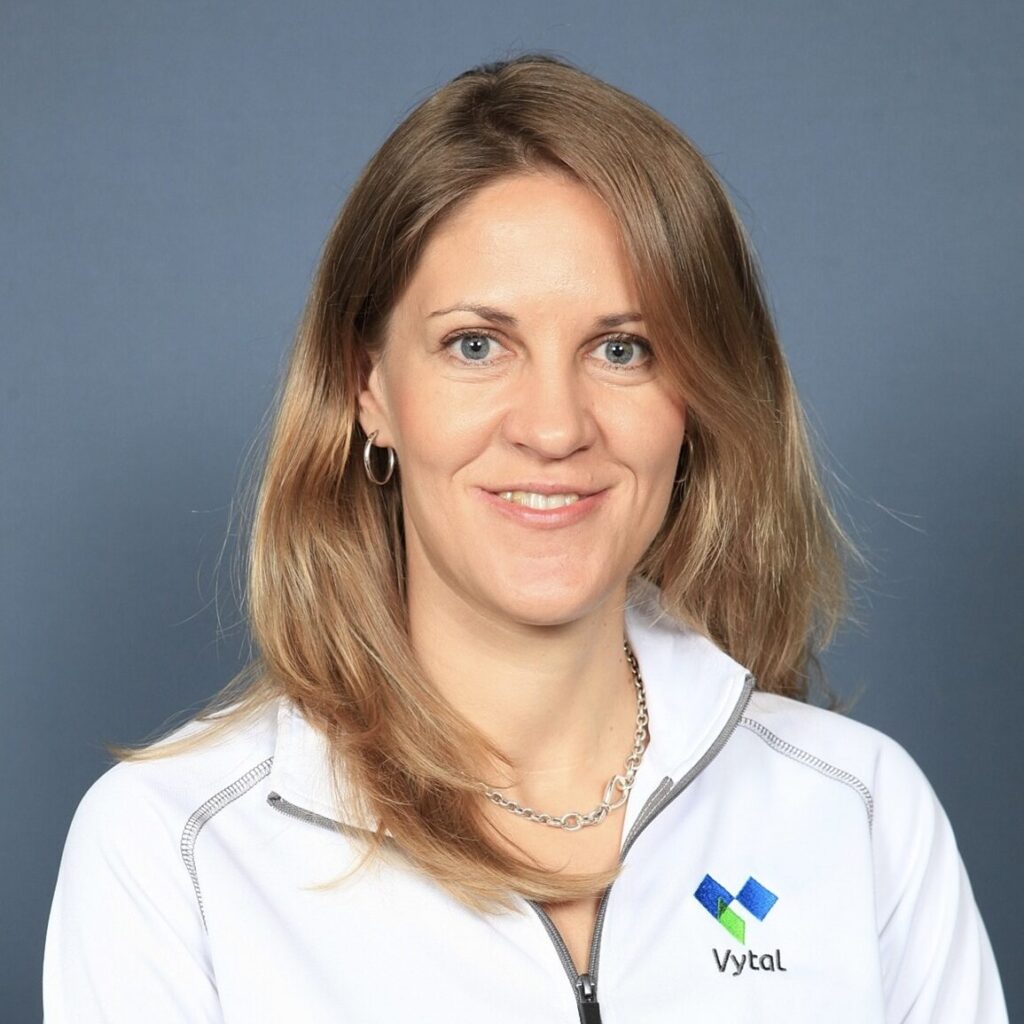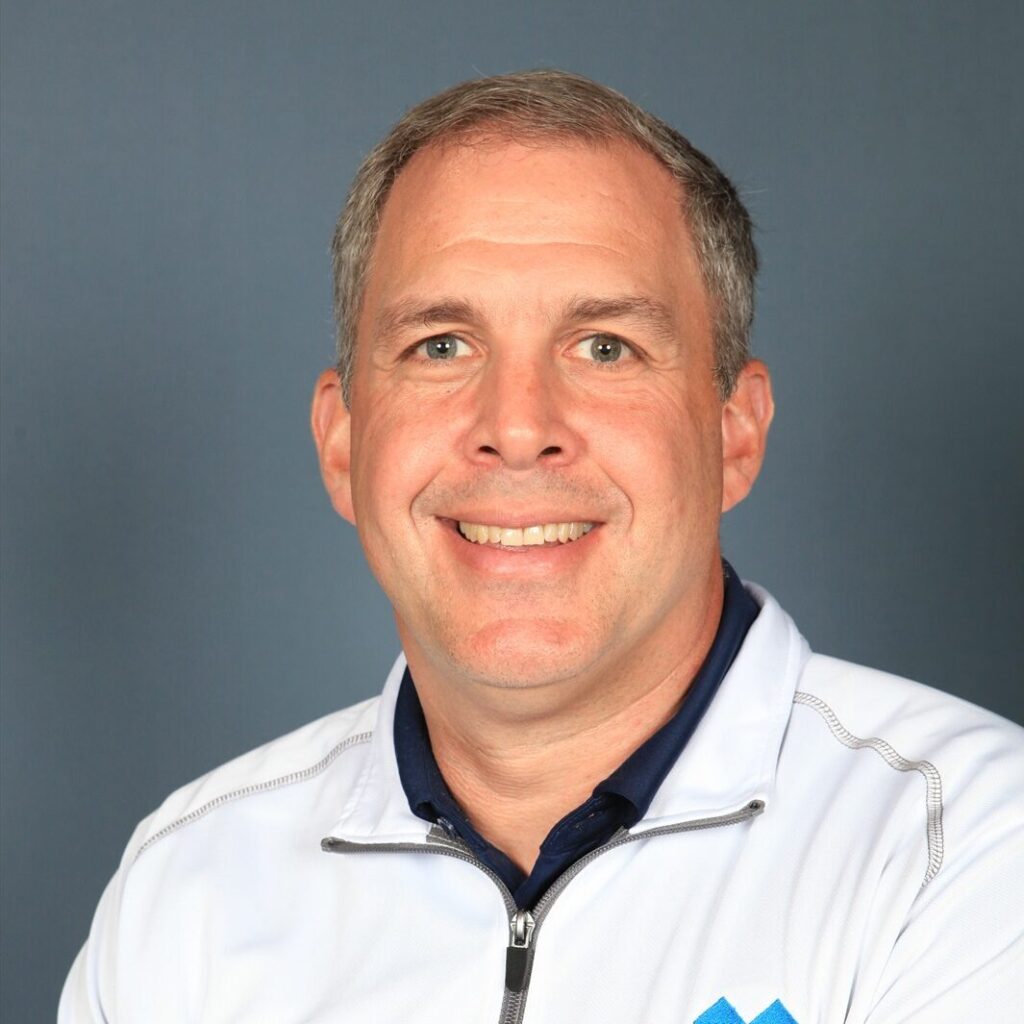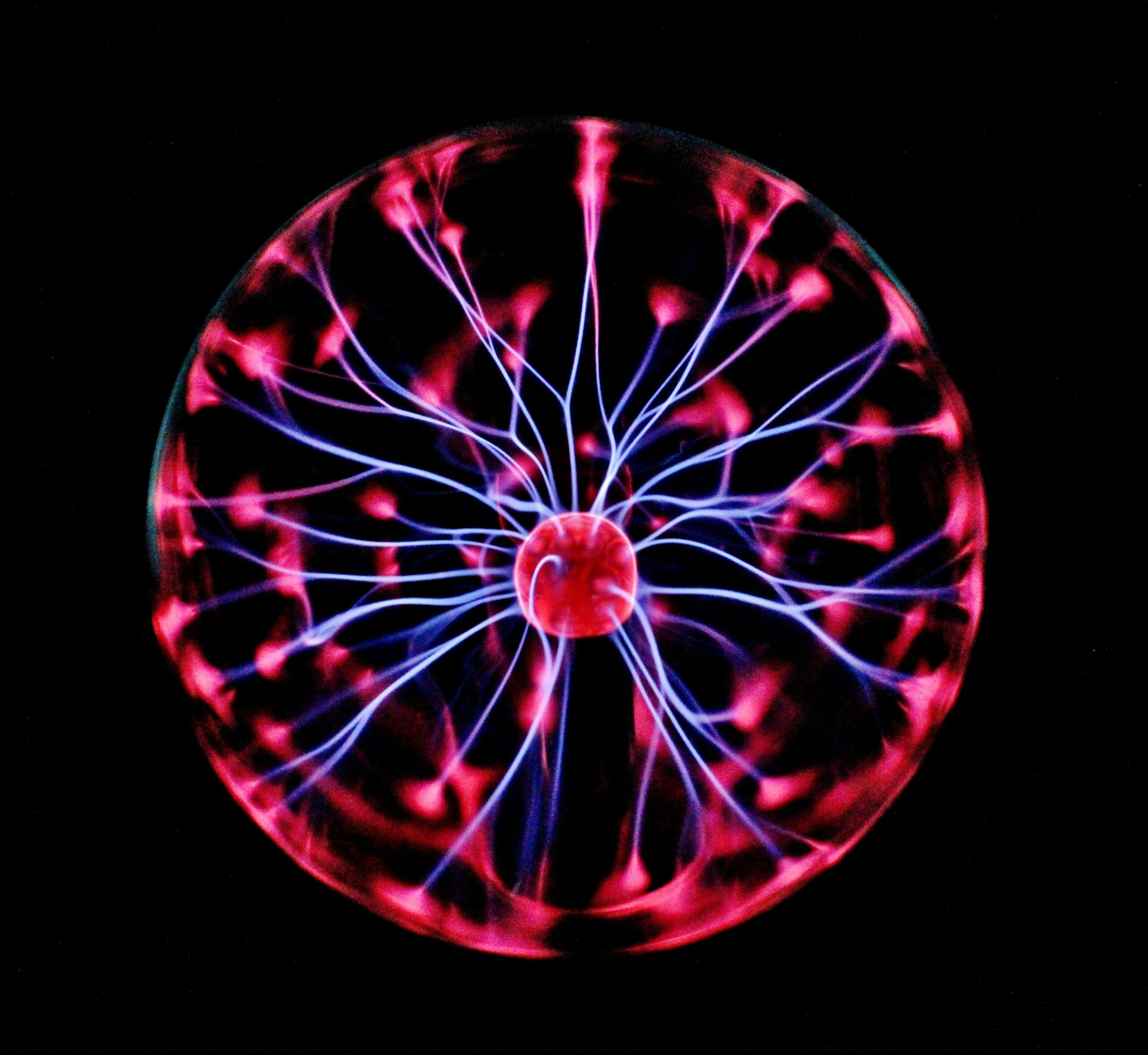
Key takeaways
- A CMMS centralizes asset tracking and maintenance scheduling, improving efficiency and compliance in healthcare facilities
- Real-time data access and automated preventive maintenance help reduce equipment downtime and enhance patient care
- CMMS systems streamline regulatory readiness by digitizing compliance tasks and providing actionable insights for maintenance prioritization
Healthcare facilities operate in high-pressure environments where the reliability of assets directly affects patient outcomes. Maintaining smooth operations in such a complex and regulated field requires precision, foresight, and quick access to essential information.
A Computerized Maintenance Management System (CMMS) is purpose-built to meet these demands by centralizing asset tracking and maintenance scheduling. Facilities management teams utilizing a CMMS platform purpose-built for healthcare are positioning themselves to enjoy elevated financial and operational stability while driving peak performance.
The Role of CMMS in Healthcare Facilities Management
Asset management and maintenance scheduling are critical for healthcare facilities, where downtime and equipment failure can have severe consequences. Medical devices, life-saving equipment, and facility infrastructure must be available, compliant, and operating efficiently to ensure uninterrupted care. For healthcare operations leaders, balancing cost-efficiency with equipment reliability is essential, as poor asset management can lead to financial strain, compliance issues, and possibly compromised patient care.
A CMMS platform centralizes these crucial functions, providing facilities management teams with a single platform for asset tracking, maintenance scheduling, and compliance management. By offering real-time access to asset data and automating preventive maintenance, CMMS tools enhance operational efficiency. But a CMMS platform is more than a tool—it’s a strategy for reducing costly downtime, improving asset utilization and ensuring regulatory compliance.
The Importance of Centralized Asset Tracking for Healthcare Facilities

Healthcare facilities, with sensitive biomedical equipment on top of standard facility infrastructure, naturally come with more complexity than what’s found across facilities in other verticals. Managing these diverse assets can be overwhelming without a central system.
CMMS platforms consolidate asset data, allowing healthcare facilities to track the entire lifecycle of their assets—from acquisition to retirement. This centralized approach eliminates silos of information, making it easier to monitor the condition and performance of essential equipment.
CMMS systems offer capabilities like asset import tools that streamline the entry of new assets and assign them to appropriate categories, ensuring that healthcare facilities can efficiently monitor a wide range of equipment. Medical devices critical to patient care, for example, can be categorized for heightened visibility, ensuring they are prioritized during routine checks and inspections.
Real-Time Access to Critical Data
Having access to real-time data is crucial in healthcare facilities management. With a CMMS, healthcare leaders can access detailed records of each asset, including maintenance history, warranty details, and compliance documents. This instant availability improves decision-making, especially during audits or emergencies. It also allows administrators to act swiftly when equipment needs repair or replacement, preventing prolonged downtimes.
Hierarchies, Grouping, and Prioritization of Assets
CMMS platforms allow facilities to create asset hierarchies and assign criticality scores. These features enable healthcare facilities to group and prioritize assets based on their importance to operations. For example, high-risk assets, such as life-saving equipment, can be assigned a higher criticality score, ensuring that maintenance teams prioritize these assets for inspection and repairs. This ability to customize and streamline asset management processes is a game-changer for maintaining operational continuity in healthcare environments.
Maintenance Scheduling: Automating and Optimizing Healthcare Facility Operations
The proactive nature of CMMS helps healthcare facilities implement preventive maintenance protocols, reducing the likelihood of unexpected equipment failures. By scheduling maintenance based on manufacturer recommendations, CMMS ensures that equipment is regularly checked and serviced, extending asset lifespans and reducing emergency repairs. Real-time alerts notify the maintenance staff when equipment requires attention, minimizing downtime and maximizing asset availability.
Work Order Management: Streamlined Task Prioritization
CMMS platforms also enhance the efficiency of work order management. Facility managers can easily generate and track work orders through mobile applications or web-based portals. These platforms allow staff to prioritize tasks based on urgency, ensuring that critical equipment receives immediate attention. Tracking work orders in real-time ensures that maintenance tasks are completed on time, further minimizing equipment failure.
Automated Alerts and Notifications
Another common CMMS feature is the automated alert system, which helps healthcare facilities avoid missed maintenance appointments. Alerts are generated for scheduled tasks, inspections, and compliance-related activities, ensuring that nothing slips through the cracks. These real-time notifications are crucial for maintaining regulatory compliance, as they help facilities stay ahead of Joint Commission and DNV standards.
Using Data-Driven Insights for Smarter Scheduling
CMMS platforms are equipped with tools that analyze historical maintenance data, allowing healthcare administrators to refine their maintenance schedules. By identifying patterns in equipment usage and repair needs, CMMS platforms help optimize resource allocation and scheduling. This data-driven approach minimizes unnecessary maintenance while ensuring critical assets remain fully operational.
Compliance and Regulatory Readiness Through Centralized Systems
Compliance with healthcare regulations, such as those set by the Joint Commission and DNV, is non-negotiable for healthcare facilities. CMMS platforms play a vital role in maintaining compliance readiness by tracking regulatory standards, managing inspections, and generating work orders to address compliance gaps. By digitizing the compliance process, CMMS reduces the risk of human error, ensuring that healthcare facilities are always prepared for audits.
Documentation and Reporting: Simplifying Compliance
CMMS platforms simplify compliance by centralizing digital records, bringing together otherwise-disparate documentation and reporting. During inspections, administrators can quickly generate and present reports, ensuring that all necessary documentation is available. This simplification of the reporting process not only improves audit outcomes but also reduces the administrative burden on facility staff.
Enhancing Operational Efficiency and Reducing Downtime

CMMS platforms offer healthcare facilities remarkable insight into asset performance and usage. By analyzing trends in equipment maintenance, CMMS helps identify underutilized or overworked assets, enabling better resource management. This leads to improved asset utilization, maximizing the return on investment for healthcare facilities.
CMMS platforms enable healthcare facilities to implement predictive maintenance into their operating model. By analyzing equipment data, often through AI, CMMS platforms can predict potential failures before they occur. This predictive maintenance approach reduces the need for reactive repairs and unscheduled downtimes, keeping healthcare operations running smoothly.
Optimizing Resource Allocation
Select CMMS platforms offer asset criticality scoring, a critical practice to dedicate maintenance resources to the highest-risk assets. By focusing on critical equipment first, healthcare facilities can optimize their maintenance budgets and reduce the likelihood of asset failures. This data-driven approach enables more efficient use of staff and resources, leading to significant cost savings over time.
CMMS: Essential for Healthcare Facilities
CMMS systems centralize asset tracking and maintenance scheduling, providing healthcare facilities with the tools they need to improve compliance, reduce downtime, and enhance operational efficiency. From real-time data access to predictive maintenance, CMMS platforms ensure that healthcare leaders can make informed decisions that support patient care and the providers’ financial stability.
As healthcare facilities face increasing demands, CMMS platforms like Vytal Assets will play a critical role in transforming facilities into smart, strategic assets. By leveraging data, automation, and predictive insights, Vytal Assets enables facilities to operate at peak performance, ensuring that both staff and patients benefit from a well-maintained environment.
Want to learn more? Explore Vytal Assets today.
